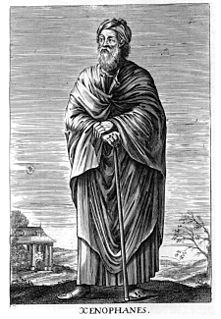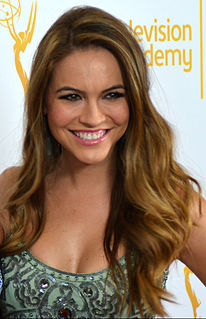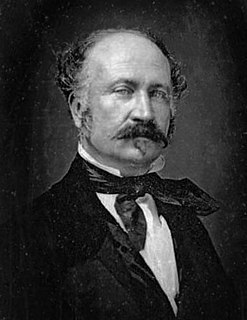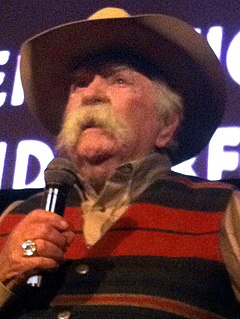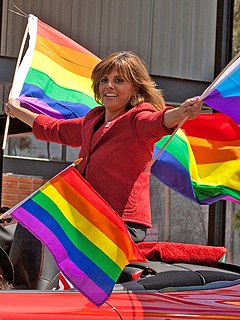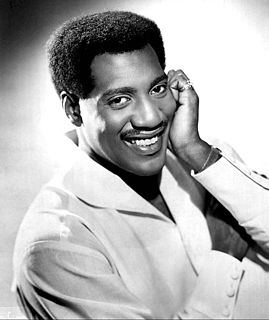A Quote by Sherwood Anderson
I go about looking at horses and cattle. They eat grass, make love, work when they have to, bear their young. I am sick with envy of them.
Related Quotes
What will it matter to him if he notices that he is growing old? Has he any reason to envy the young people whom he sees, or wax nostalgic over his own lost youth? What reasons has he to envy a young person? For the possibilities that a young person has, the future which is in store for him? "No, thank you," he will think. "Instead of possibilities, I have realities in my past, not only the reality of work done and love loved, but of sufferings bravely suffered. These sufferings are even the things of which I am most proud, though these things are things that cannot inspire envy."
How beautifully is it ordered, that as many thousands work for one, so must every individual bring his labor to make the whole! The highest is not to despise the lowest, nor the lowest to envy the highest; each must live in all and by all. Who will not work neither shall he eat. So God has ordered that men, being in need of each other, should learn to love each other, and bear each other's burdens.
The government sends low-flying helicopters to chase the horses into corrals and then takes them from the plains of the American West to federal holding pens. The government claims it's to save the horses from starvation. Critics claim the real motive is to clear the land for cattle grazing. Critics also say the horses are brutally traumatized.
Pile the bodies high at Austerlitz and Waterloo. Shovel them under and let me work- I am the grass; I cover all. And pile them high at Gettysburg. And pile them high at Ypres and Verdun. Shovel them under and let me work. Two years, ten years,and passengers ask the conductor- What place is this? Where are we now? I am the grass. Let me work.

